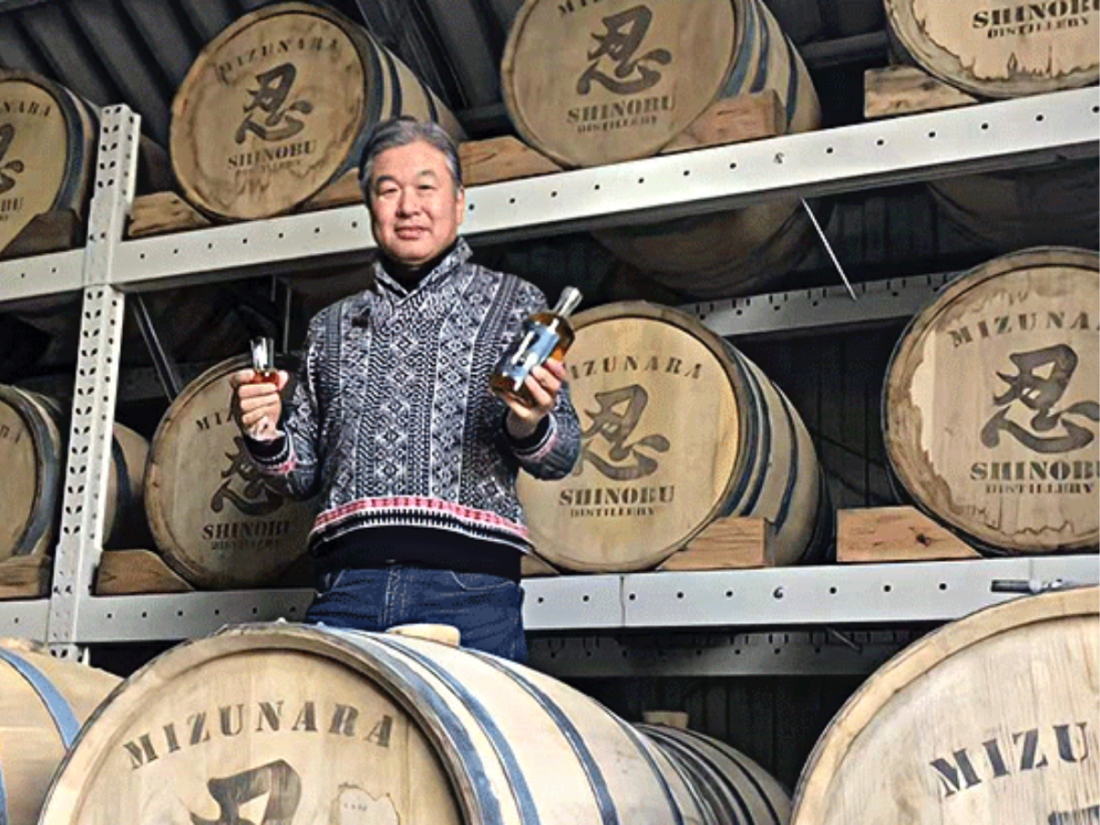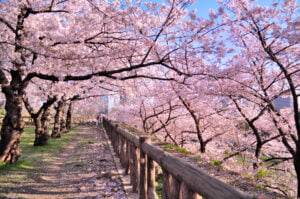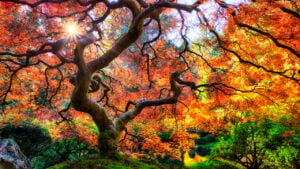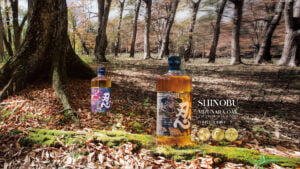Japanese Whisky: Exploring the unique flavours: wood
Japanese whisky has captivated the world with its exceptional quality and unique flavour profiles. While several factors contribute to its excellence, the significance of wood in Japanese whisky making cannot be overstated. The careful selection and use of wood during the aging process play a pivotal role in shaping the character, complexity, and aroma of Japanese whiskies. In this post, we will explore why the wood used in Japan whisky making is of utmost importance, shedding light on its profound impact and the factors that contribute to its significance.
Flavour Infusion: The Wood’s Flavour Contribution is more than just a vessel for aging whisky; it is a crucial component that imparts distinct flavours and aromas. The following aspects highlight why the wood used in Japanese whisky making is so vital:
- Unique Wood Characteristics: Different types of wood possess their own specific qualities and flavours. By carefully selecting wood varieties, Japanese whisky distilleries can create a diverse range of flavour profiles. Each type of wood, such as Mizunara, Yamazakura, or other oak varieties, introduces its own set of flavours, ranging from delicate spices and vanilla to fruity and floral undertones.
- Maturation and Transformation: As whisky matures in wooden casks, it undergoes a transformative process, interacting with the wood’s compounds to develop its distinctive taste. The wood imparts flavours, such as caramel, honey, and toasted oak, which marry with the whisky’s inherent characteristics, creating a complex and harmonious flavour profile.
Mizunara Casks: Unveiling a Captivating Legacy Mizunara, a prized oak species native to Japan, holds a special place in Japanese whisky making. The utilization of Mizunara casks exemplifies the depth of its importance. Mizunara oak is highly prized due to its limited availability and slow growth. The trees take around 200 years to reach maturity, making them rare and precious resources for cask production. The scarcity of Mizunara wood adds an element of exclusivity and rarity to whiskies aged in these casks, making them highly sought after by whisky connoisseurs:
- Intense Aromas: Mizunara wood boasts an exceptional aromatic intensity, infusing whiskies with captivating notes of sandalwood, incense, spices, and delicate floral nuances. These distinctive aromas transport whisky enthusiasts on a sensory journey, evoking the essence of Japan’s lush forests.
- Complex Flavour Profiles: The porous nature of Mizunara wood allows for a more profound interaction between the whisky and the wood, resulting in a complex interplay of sweet, spicy, and woody characteristics. This complexity develops over extended maturation periods, giving Mizunara-aged whiskies a refined and mellow character that sets them apart.
For our picks trying a Mizunara cask for the first time We would recommend The Shinobu 10 Year Old, The Shin 15 Year Old or the Chiyomusubi Pure Malt all fantastic whiskies to savour and experience the Mizunara Cask
Yamazakura Casks: Embracing Elegance and Delicacy Yamazakura, or Japanese cherry blossom wood, represents a refined and delicate contribution to the art of Japanese whisky making:
- Subtle Sweetness: Yamazakura wood imparts a gentle sweetness to the whisky, delicately harmonizing with other flavours. This subtle sweetness adds layers of complexity, enhancing the overall balance and sophistication of the whisky’s profile.
- Silky Smooth Mouthfeel: With its fine grain structure, Yamazakura wood contributes to a silky and smooth mouthfeel, creating an elegant texture that enhances the drinking experience. The whisky glides across the palate, accentuating the craftsmanship behind Japanese whisky production.
Our pick trying a Yamazakura Cask would be the Amahagan World Malt No.4 a beautiful example of how to make a great whisky.
Honoring Tradition and Distinctiveness The choice of wood in Japanese whisky making is not merely a matter of flavour enhancement. It is deeply rooted in honouring tradition and preserving the distinctiveness of Japanese whisky:
- Cultural Significance: By using native Japanese woods, such as Mizunara and Yamazakura, distilleries pay homage to their cultural heritage. The incorporation of these woods symbolizes a connection to the land and a commitment to preserving Japan’s whisky-making traditions.
- Uniquely Japanese Identity: The wood used in Japanese whisky making imparts a unique and unmistakable character to the spirits. The flavours and aromas derived from these woods contribute to the establishment of a distinctly Japanese whisky identity, setting it apart from whiskies produced elsewhere in the world.
Conclusion: Wood plays a vital and multifaceted role in Japanese whisky making. From flavour infusion and maturation dynamics to the cultural significance and distinctiveness it imparts, the wood used in Japanese whisky production elevates the spirits to unparalleled heights of excellence. Whether through the captivating aromas and complexity of Mizunara casks or the refined elegance of Yamazakura casks, the wood is an integral ingredient that contributes to the artistry and legacy of Japanese whisky. Embracing the importance of wood allows us to appreciate and savour the exceptional whiskies that Japan has to offer.
Mizunara Tree




